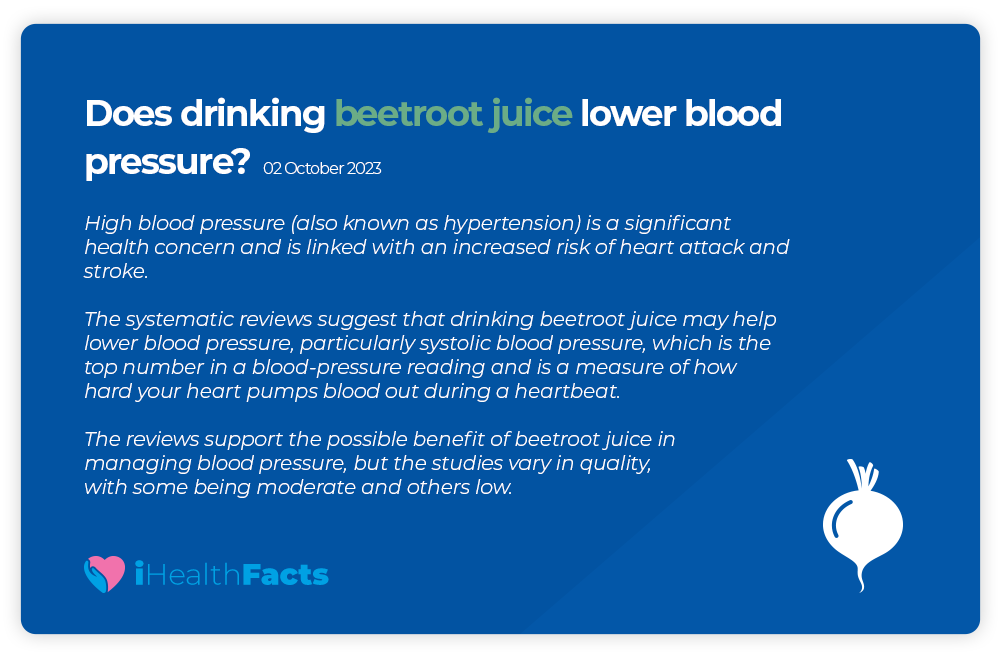- Lead Researcher: Dr Marie Tierney, Postdoctoral Researcher, School of Nursing & Midwifery, University of Galway and School of Nursing, Psychotherapy and Community Health, Dublin City University
- Reviewed by: Prof Declan Devane, Professor of Health Research Methodology, Deputy Dean, College of Medicine, Nursing and Health Sciences, University of Galway,
- Scientific Director, HRB-Trials Methodology Research Network Director, Evidence Synthesis Ireland. Director, Cochrane Ireland
- Topic advisor: Prof Emma Wallace, Professor of General Practice, Dept of General Practice, University College Cork & General Practitioner, Parklands Surgery, Commons Road, Cork.
- Public and Patient advisor: Anne Daly, Public and Patient Involvement in research (PPI) advisor, PPI Ignite, University of Galway.
- Journalist Advisor: Dr. Claire O’Connell, PhD in cell biology, Masters in Science Communication. Contributor to The Irish Times, writing about health, science and innovation.
Conflict of Interest Statement: The authors have no financial or other conflicts of interest for this health claim summary.
